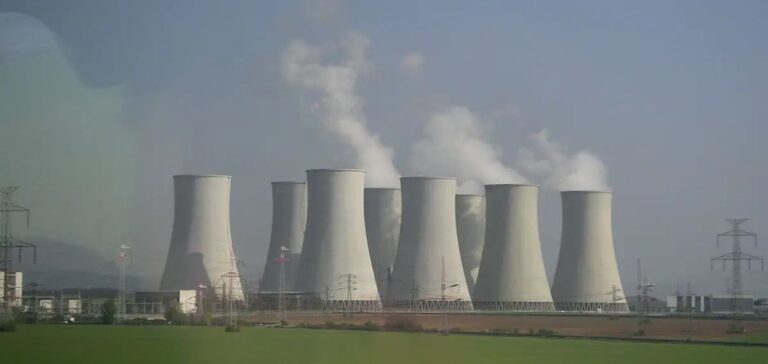On Friday, Slovakia’s leading power generation company, Slovenske Elektrarne (SE), signed an agreement with the American company Westinghouse. The agreement covers the supply of nuclear fuel. The aim is to reduce Slovakia’s dependence on Russian imports.
Energy diversification: Slovakia chooses Westinghouse as nuclear fuel supplier
“Securing another supplier of nuclear fuel for our power plants is an important step in strengthening Slovakia’s energy security,” said SE Managing Director Branislav Strycek in a statement.
At present, two Slovak nuclear power plants, Mochovce and Jaslovske Bohunice, are Soviet-designed and use only Russian nuclear fuel. They generate around 16 million megawatt-hours (MWh) per year, which represents around 59% of Slovakia’s total electricity production. Fuel supplied by Westinghouse Electric Sweden AB must first undergo an approval procedure. To date, Westinghouse has provided services mainly for VVER 1000 reactors.
Energy security strategy: Slovakia targets several sources of nuclear fuel supply
Slovakia uses VVER 440 reactors. Against this backdrop, SE has expressed its clear objective of including at least two alternative nuclear fuel suppliers in its portfolio. The company also aims to establish several partnerships with potential suppliers of materials and services. This collaboration would cover the entire supply chain for nuclear fuel production. Slovakia is also considering cooperation with France in the field of nuclear fuel. At the end of May, SE signed a cooperation agreement in this field with the French company Framatome. SE is 34% owned by the Slovakian state, with 66% of the shares belonging to the SPH holding company, which is equally owned by the Italian company Enel and the Czech EPH group, controlled by the military leader Daniel Kretinsky.






















